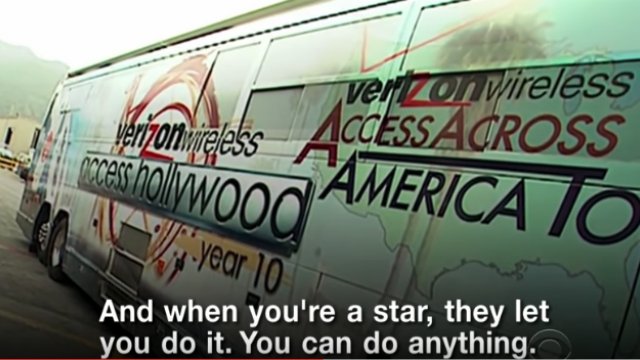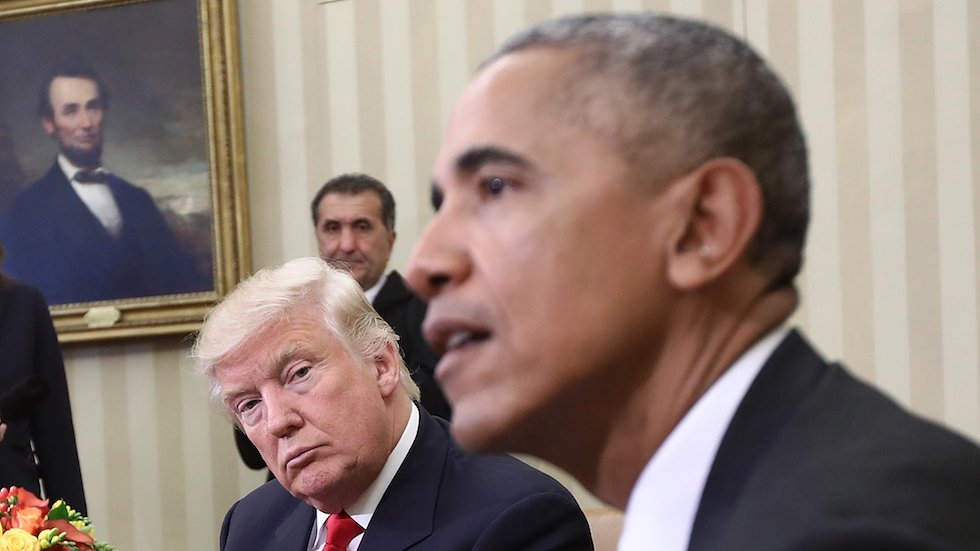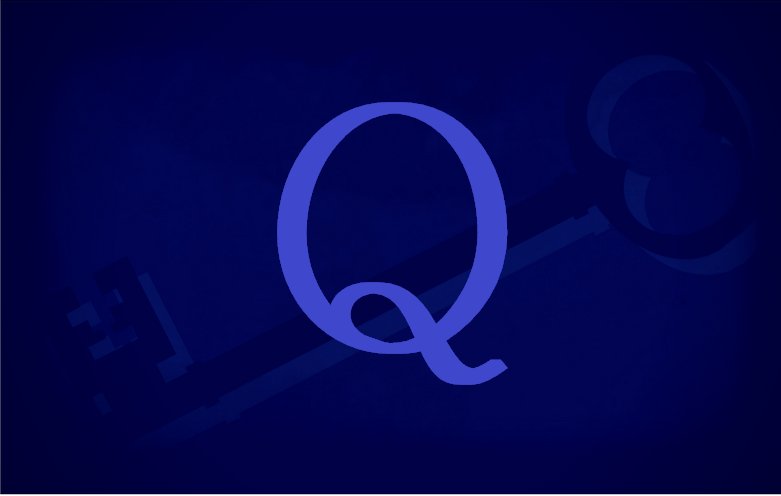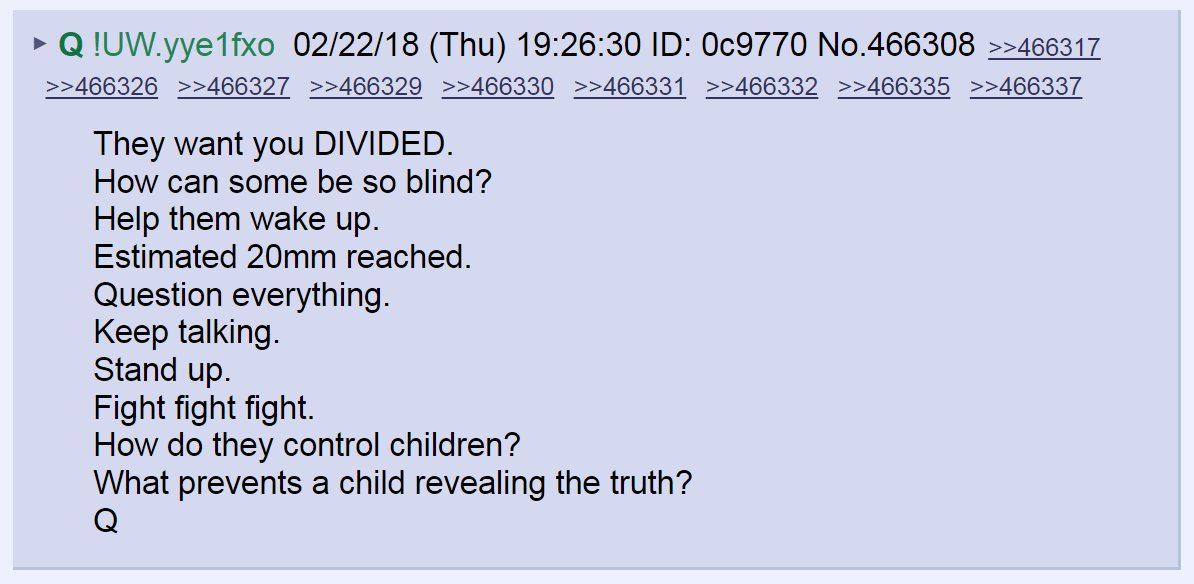Source: this used to literally be my job.
And my initial response to that is: your phone provider is just one of a number of parties who store data about your interactions with the telecom network.
Now imagine how that *must* work.
There is simply no way to enable meaningful consent over any data that traverses that system.
There are plenty of companies who will rent you a mobile cell tower for an emergency, large sporting event, or conference
The problem is the data at risk is mostly location-tagged metadata which is uniquely identifying by definition
See also my many rants on that:
"I am carrying my cell phone"
and
"My real time location information is available to at least one corporation I have never heard of"
Are semantically equivalent and nothing you can do short of not carrying a phone will change that.
"The crowd thinks everything is profound where it cannot see the bottom "










